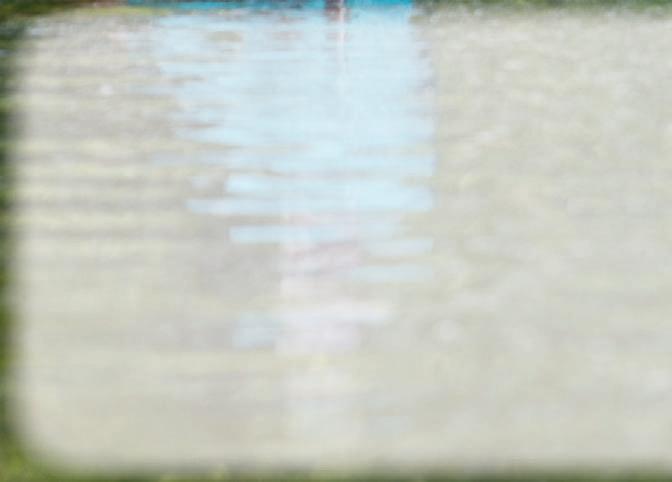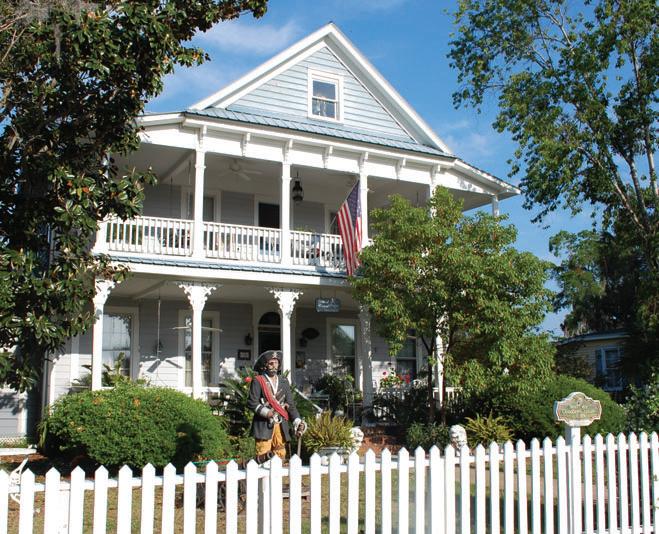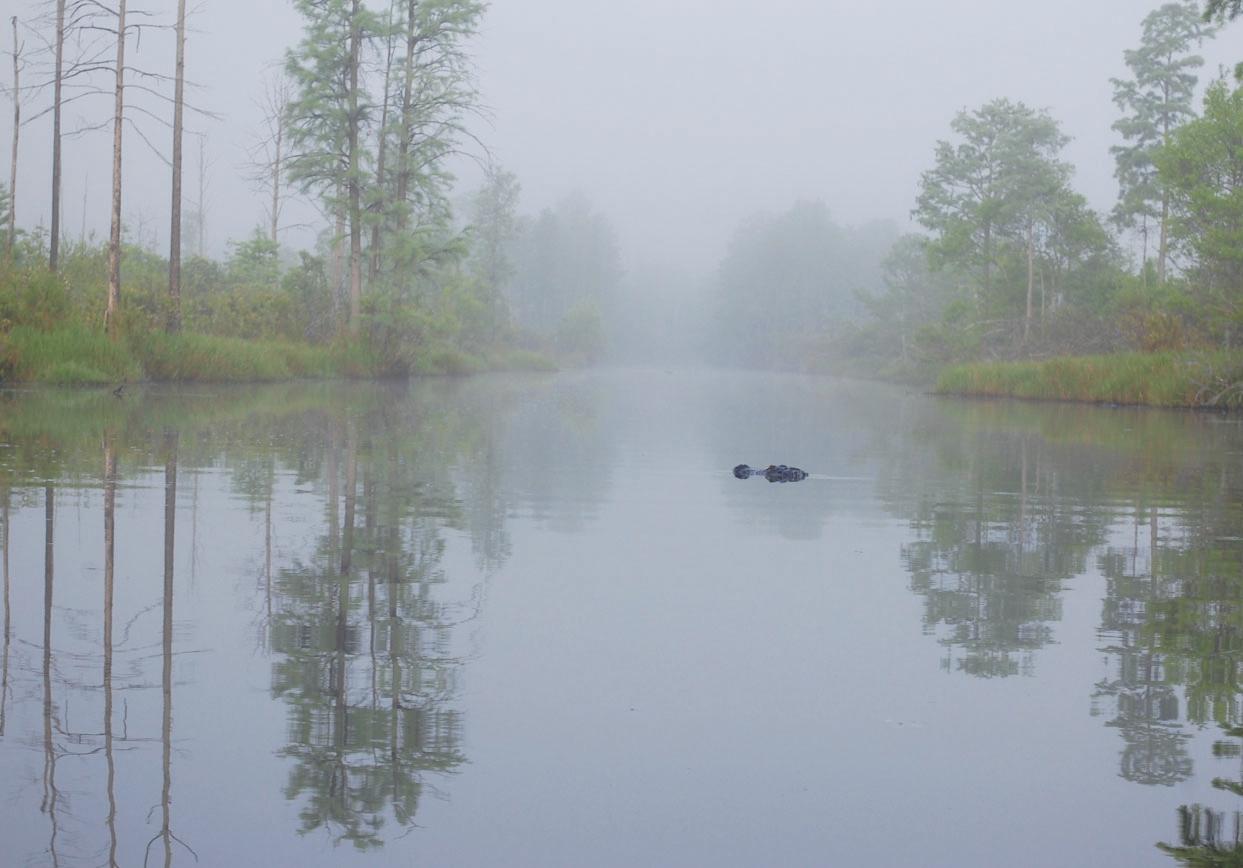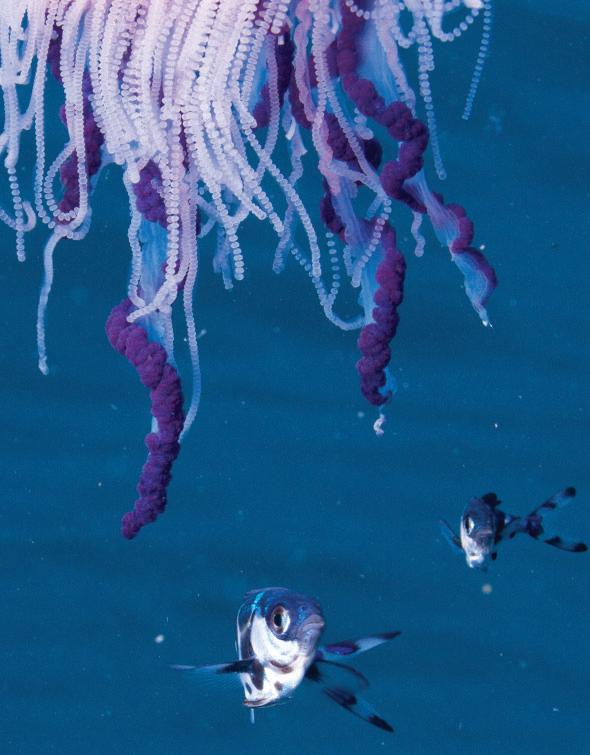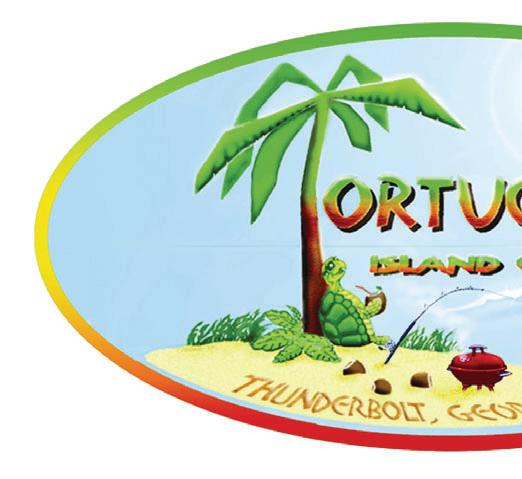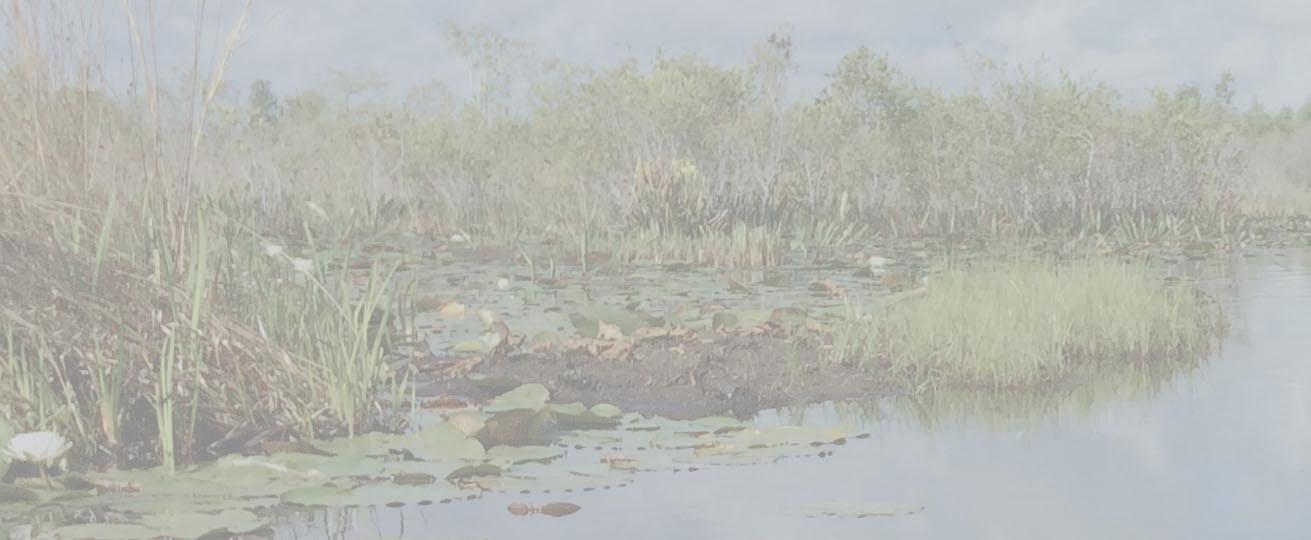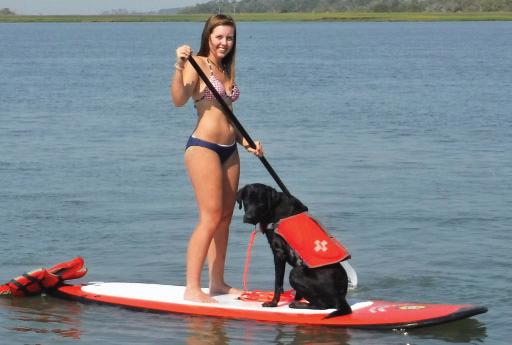
8 minute read
Spotlight: SouthernWood Paddle 13 1
Our focus in this spotlight is on Larry McIntyre and his SouthernWood Paddle Company. From his workshop in Charlotte, N.C., he crafts these gorgeous paddles from reclaimed or salvaged cypress wood, taking paddling to another realm.
Above: The wood grain takes on diff erent hues after sitting underwater for unknown periods of time, making each paddle unique. Below: Hemp oil helps protect your paddle from moisture damage. Photos by Rachel Fesko
Advertisement
Southern Tides: It’s probably a safe bet that, like many of us, your passion for the water is what started this journey? Tell us a little about yourself.
Larry McIntyre: Absolutely! Being outside has always been a part of my life. Keep in mind that as a kid growing up in the late 1970s and 1980s personal computers didn’t really exist, at least not for the masses. I didn’t own my fi rst cell phone until after graduate school and didn’t own a smart phone until I turned 35! The result was that when we wanted entertainment as kids, we went outside and played.
My earliest recollections of being in a canoe are fi shing for bluegill with my dad in Delaware and fi shing for smallmouth in Maine with my dad, grandfather, and uncle. These are among my favorite childhood memories. I also learned countless outdoor and general life skills during my time in scouting and am very proud to say that I earned my Eagle Scout in 1992.
College took me to West Virginia University where I tried my best to take full advantage of the state’s abundant natural resources. I was fortunate to spend time fi shing the numerous rivers and streams the Mountain State has to off er. Following college, I moved south to Charlotte, N.C. There I started a career in healthcare administration where I’ve worked for the past 18 years. Along the way I met the girl of my dreams, got married, and we now have two beautiful children who keep us busier than we ever imagined possible. Over my past 20 years as a “geographical southerner,” my experience on the inland waterways and rivers of the mid Atlantic has been supplemented by time spent on the lowcountry waterways in and around Folly Beach, S.C. I’m fortunate to be able to fi sh, paddle, and at times surf (albeit not always well) in a part of the South that has become our second home! Being on the water, any water (for me in the low country region of South Carolina), heals the soul and resets the mind when life gets hectic.
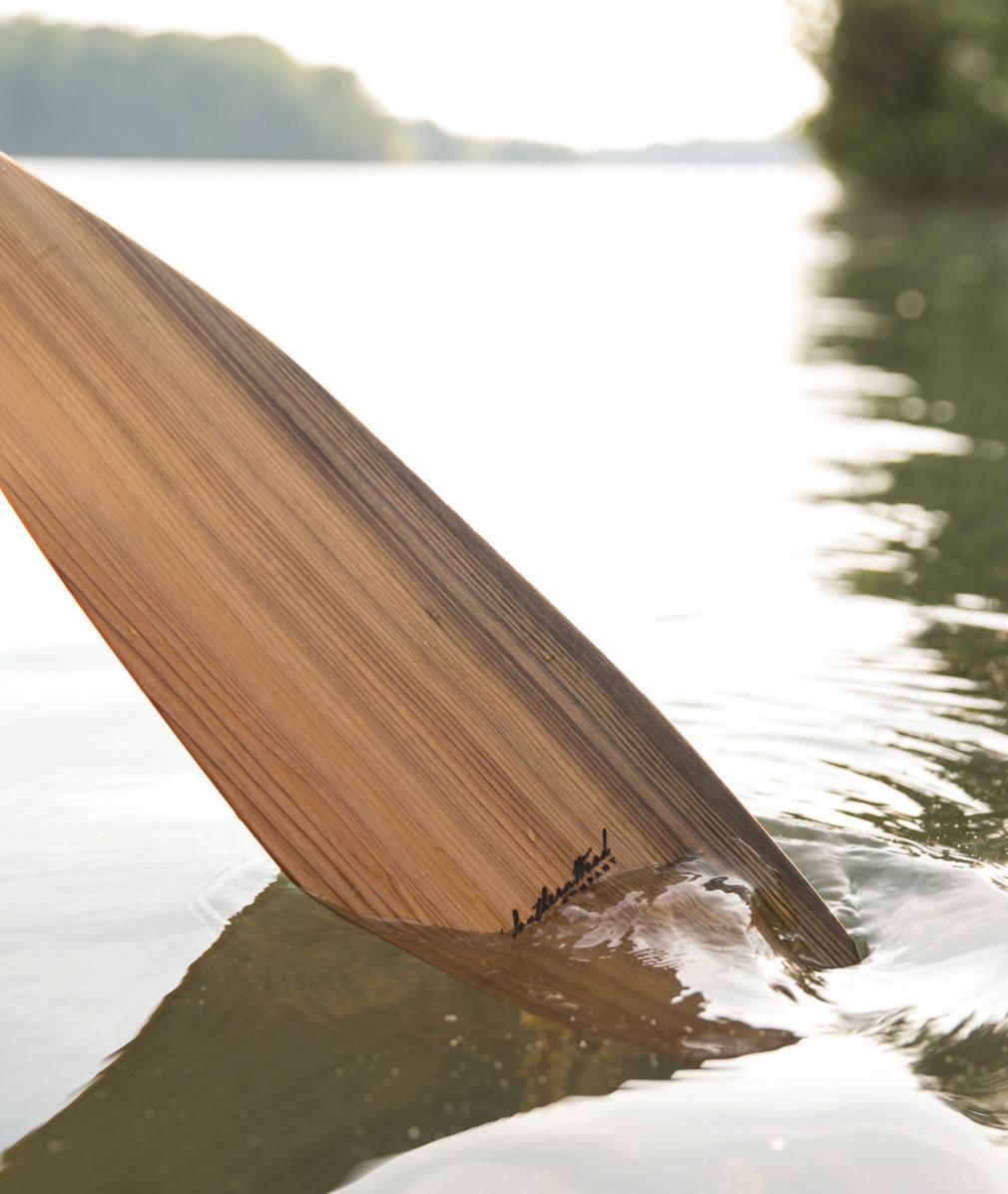
Come by boat!
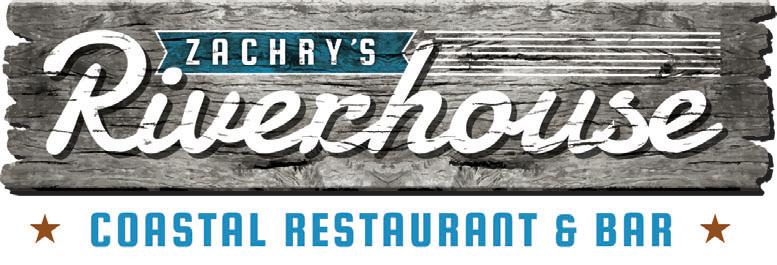
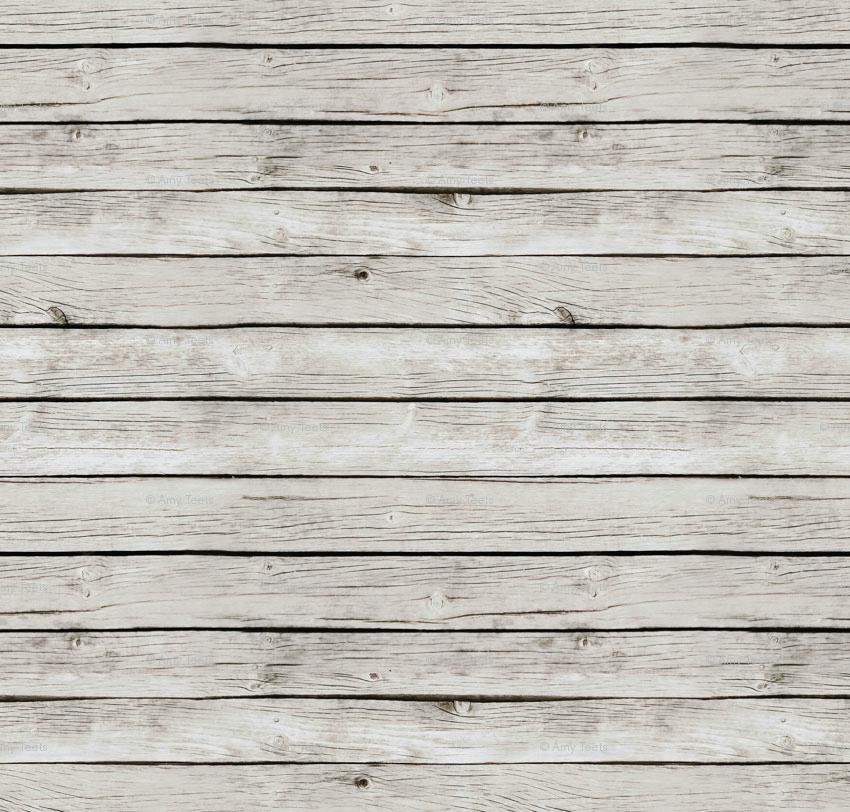
• Apps, burgers & fresh local seafood • Full bar • Indoor & outdoor dining • Live music on weekends • Open seven days 912-319-2174
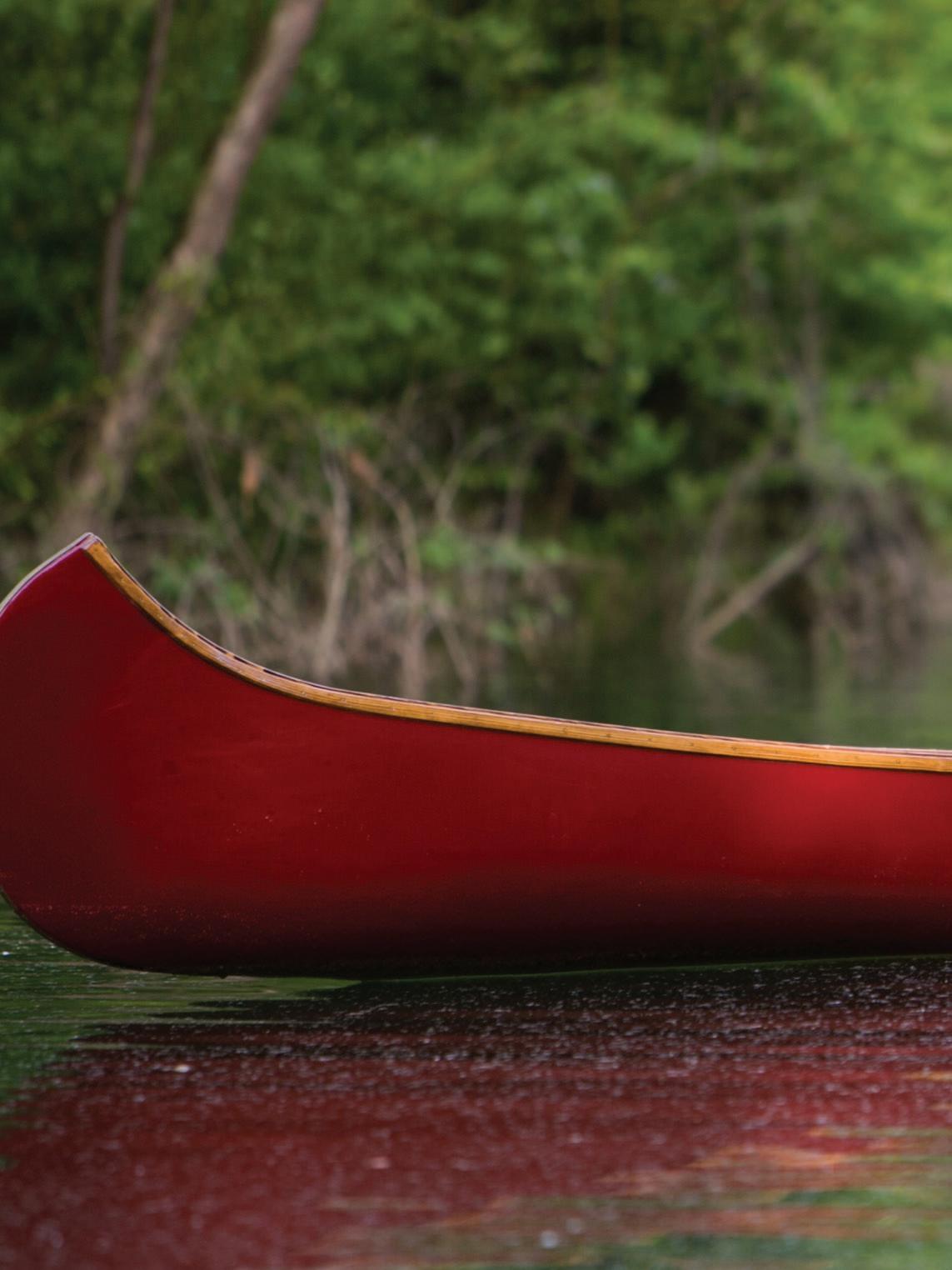
ZACHRY'S - Providing fresh seafood in Glynn County for over 35 years!
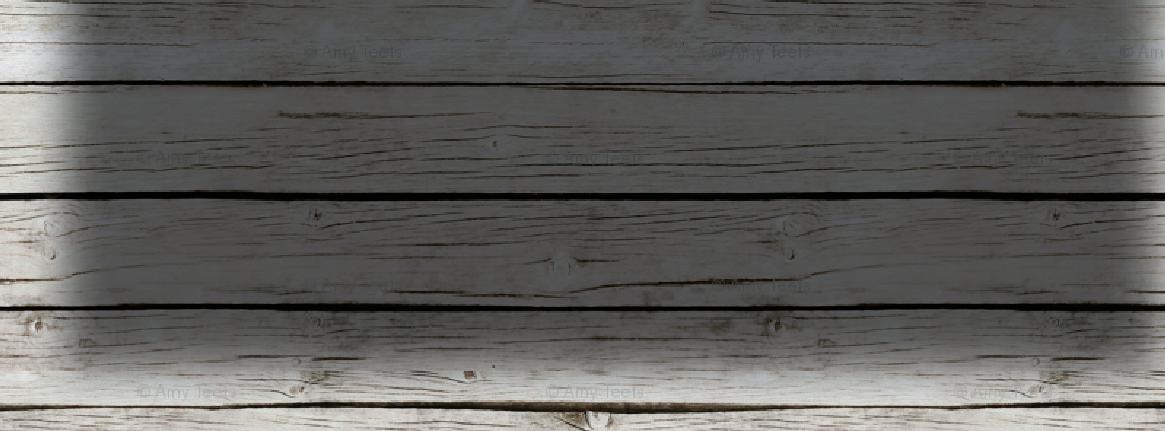
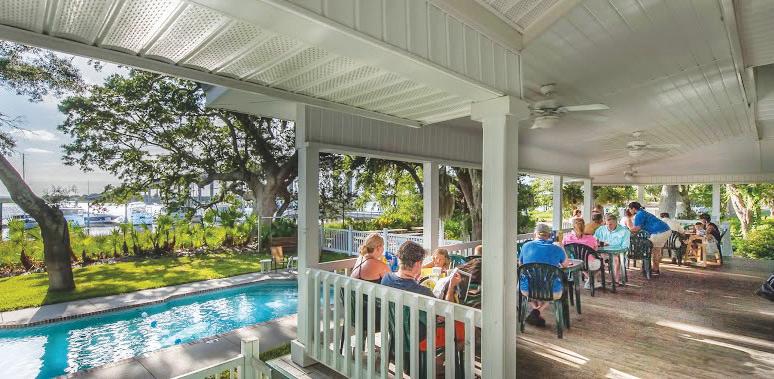
JEKYLL HARBOR MARINA • Dockage and Dry Storage • Gas/Diesel • Wifi, Cable TV • Courtesy bicycles • Pool • Pump-out • Ship’s Store inquiry@jekyllharbor.com www.jekyllharbor.com 912-635-3137
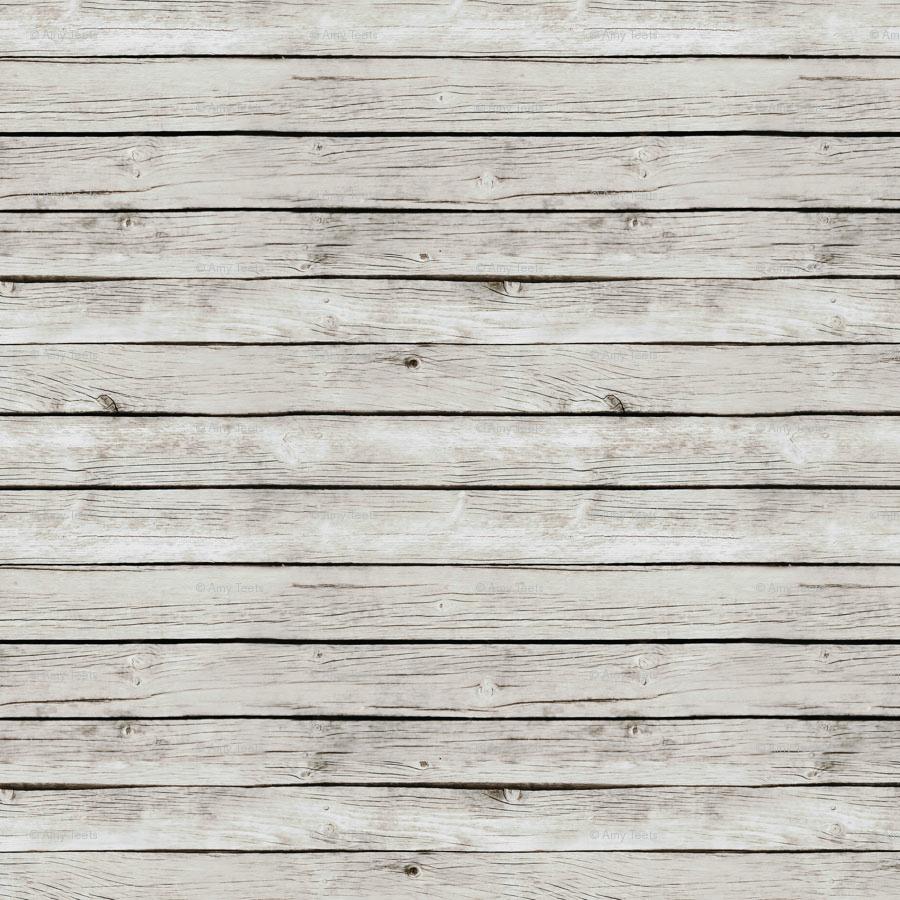
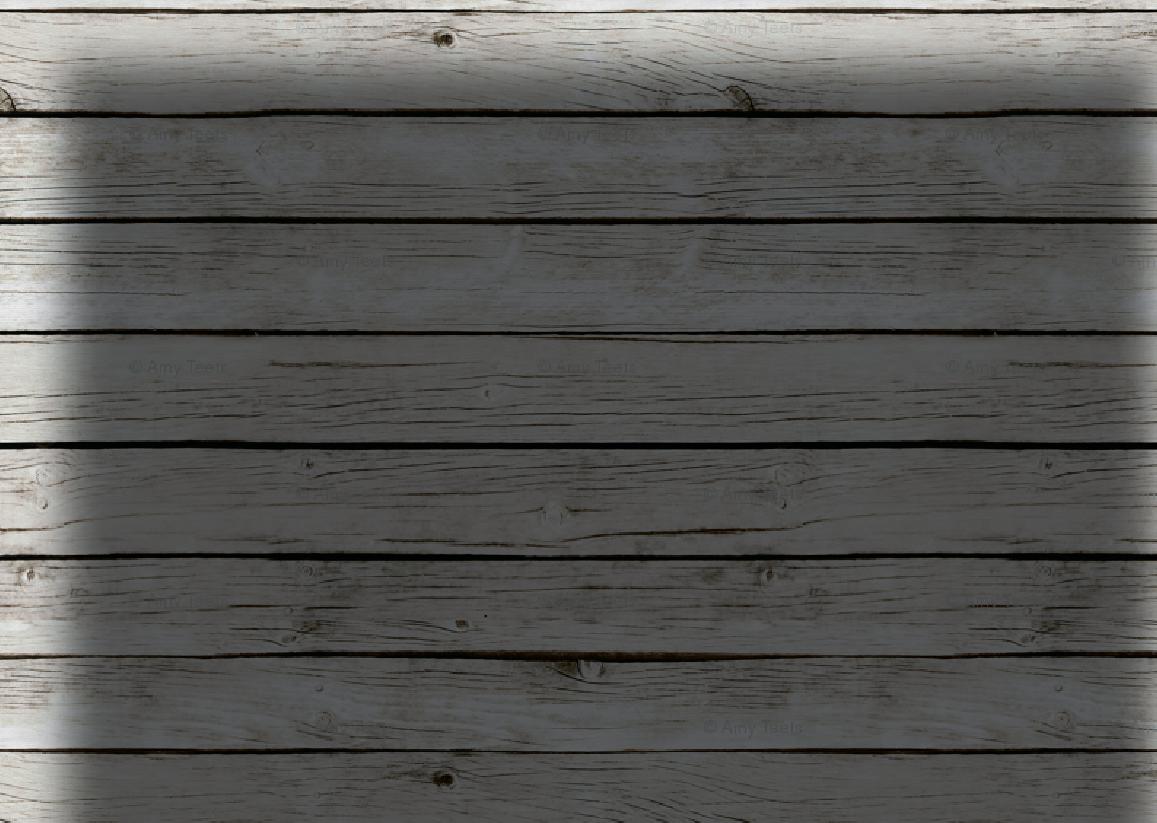



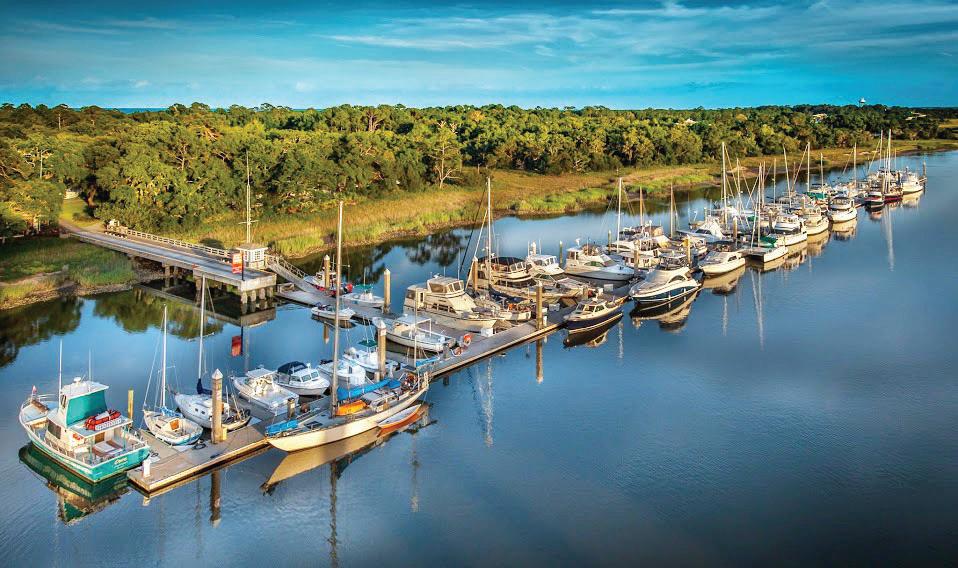

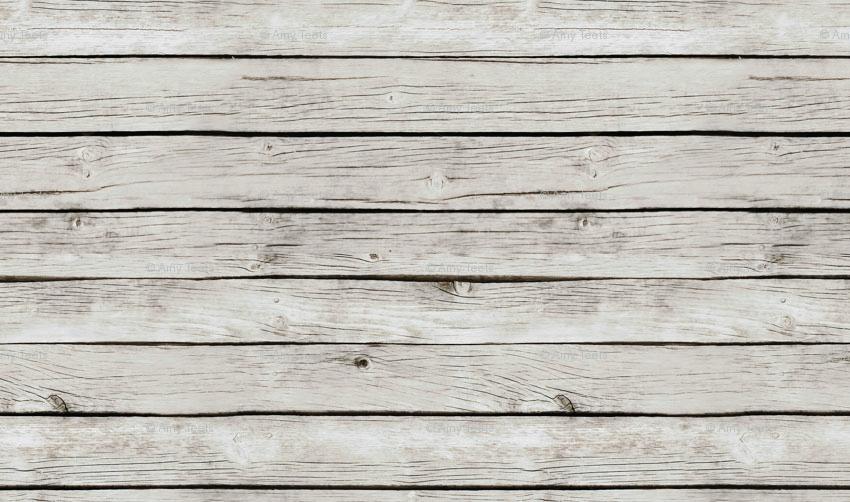
ST: What sparked the idea for such lovely paddles?
LM: I’m not sure there was any magic in why I initially decided to focus my eff orts on paddle making other than I wanted a paddle and making one seemed like a better idea than buying one. As with most things you do yourself, effi ciency and cost eff ectiveness are rarely considered. With that said, simply making a paddle out of any piece of wood didn’t seem good enough. I started searching online for a type of wood that was not only aesthetically pleasing but also had regional signifi cance. I found both qualities in cypress. Following the Civil War, an increased demand for quality building materials created an opportunity to harvest the South’s old-growth cypress. Throughout the South, cypress became valued for both its durability and aesthetic qualities. What is often referred to as “sinker cypress” simply describes old growth cypress logs that sank in the local swamps and rivers during harvesting in the mid- to late 1800s up until the fi rst part of the twentieth century. Over the past 100+ years, these logs sat underwater, partially buried in mud and muck where they absorbed various minerals. The result is that these logs take on a wide variety of coloration that can go from blond to reddish-orange, to blue-green, to all shades of tan and brown. No two logs are the same and it’s this uniqueness of the wood that I try to highlight in my paddles.
ST: How do you go from sunken logs to ready-to-use paddles?
LM: Over 95% of my paddles are made from sinker cypress. All my cypress comes from South Carolina where I work with a local underwater logger who harvests his logs in the low-country region. Once the logs are retrieved, he mills them into boards and kiln dries them for stability. I buy my wood from him in board-form, based on whatever specifi cations I need to make a particular paddle.
Once I’ve laid out the basic shape of the paddle, my fi rst step is to cut out a paddle blank on a bandsaw. From there the process 14 Southern Tides Magazine May 2019
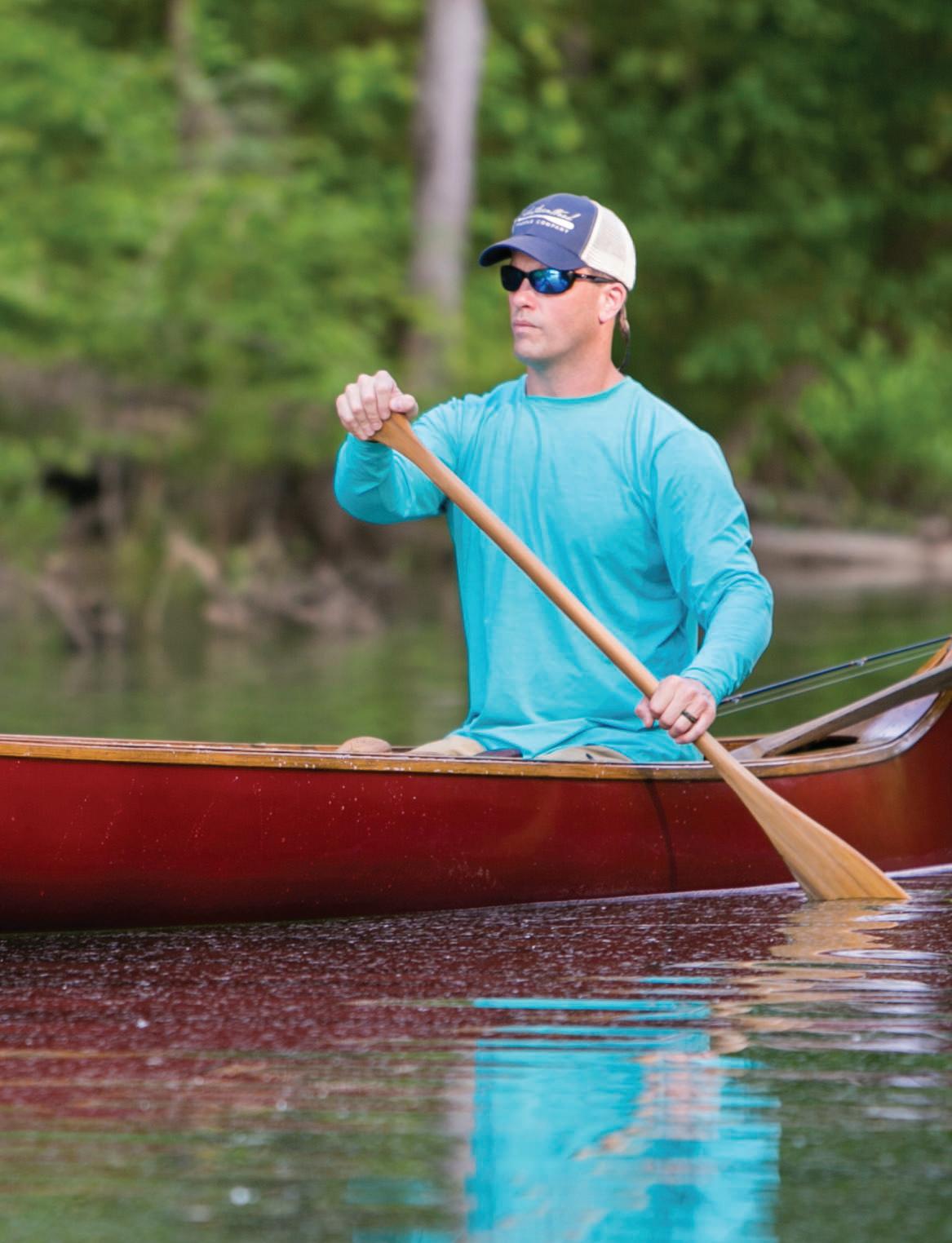
from day one. The usual questions came (and still come) to mind. Can we do it fi nancially? What would our friends and family say? Can we balance the unpredictability of self-employment with our family life? As we explored the answers to these and many more questions, most of the answers seemed to point in the right direction.
In addition, I began to see how SouthernWood Paddle could help fi ll a void or better yet, a “purpose” that my offi ce job didn’t. My exposure to people who are largely environmentally minded got me thinking and reading. I became more aware of the work that companies such as Patagonia and others do to protect and improve the world around us and it inspired me. Could SouthernWood Paddle be more than just a business venture? Could I have a positive eff ect on the world around me? Could SouthernWood Paddle be a responsible company – socially, ethically, and environmentally?
While I’m still a long way away from achieving those goals, I’ve been fortunate to work with, in at least a small way, local environmental charities to protect our waterways and improve our world. Hopefully my kid’s generation will grow up in a little better world than I did.
For more information visit: www.southernwoodpaddle.com
Left: An avid canoe enthusiast, Larry enjoys paddling the local lakes and rivers near his Charlotte home and the low country waterways near Folly Beach. Photos by Rachel Fesko
is all about patience and feel. Most of the shaping is done with hand planes, and a spoke shave. Then there is a lot of sanding!
All of my paddles are fi nished with several layers of hemp oil. I use hemp oil for several reasons, but the main reason is its user friendliness for my customers. Because my paddles are oiled and not fi nished with a hard coating like a marine varnish or epoxy they do require maintenance. Think of it like your cutting board in your kitchen. From time to time you need to reapply oil to maintain the board. My paddles are no diff erent. While there are several oils that would work great for a paddle (tung or boiled linseed for example), hemp oil is naturally less viscous and therefore requires no solvent to thin it out to maximize its absorption into the wood. This means less chemicals for me, my customers, and the environment. The hemp oil I use is even food safe, so gloves aren’t needed if folks prefer not to use them.
ST: What prompted you to take that leap of faith and start SouthernWood Paddle Company?
LM: I still have my fi rst paddle. While it’s far from perfect it does exactly what a paddle should do. It moves water in one direction, so my canoe can go in the other. After making my fi rst, not-so-perfect paddle, I decided I could improve on the process, so I made another. Several paddles later, I began to see improvements in my work, which got me wondering what other people might think of my eff orts. In 2017, I formed SouthernWood Paddle Company as a side business and began participating in local outdoor-related festivals to gauge people’s response to my paddles. To my surprise, most of the feedback has been positive. I began to wonder if there's room in the relatively small, custommade paddle market for another paddle maker? I think so. At least, I hope so. The idea of leaving a nearly 20-year career and all the stability and predictability that comes with it was nerve wracking to say the least. This wasn’t just my decision but a family decision and I’m fortunate that my wife has been my biggest supporter 15 May 2019 Southern Tides Magazine
Handcrafted Paddles
Reclaimed Wood Canoe • Kayak • SUP

